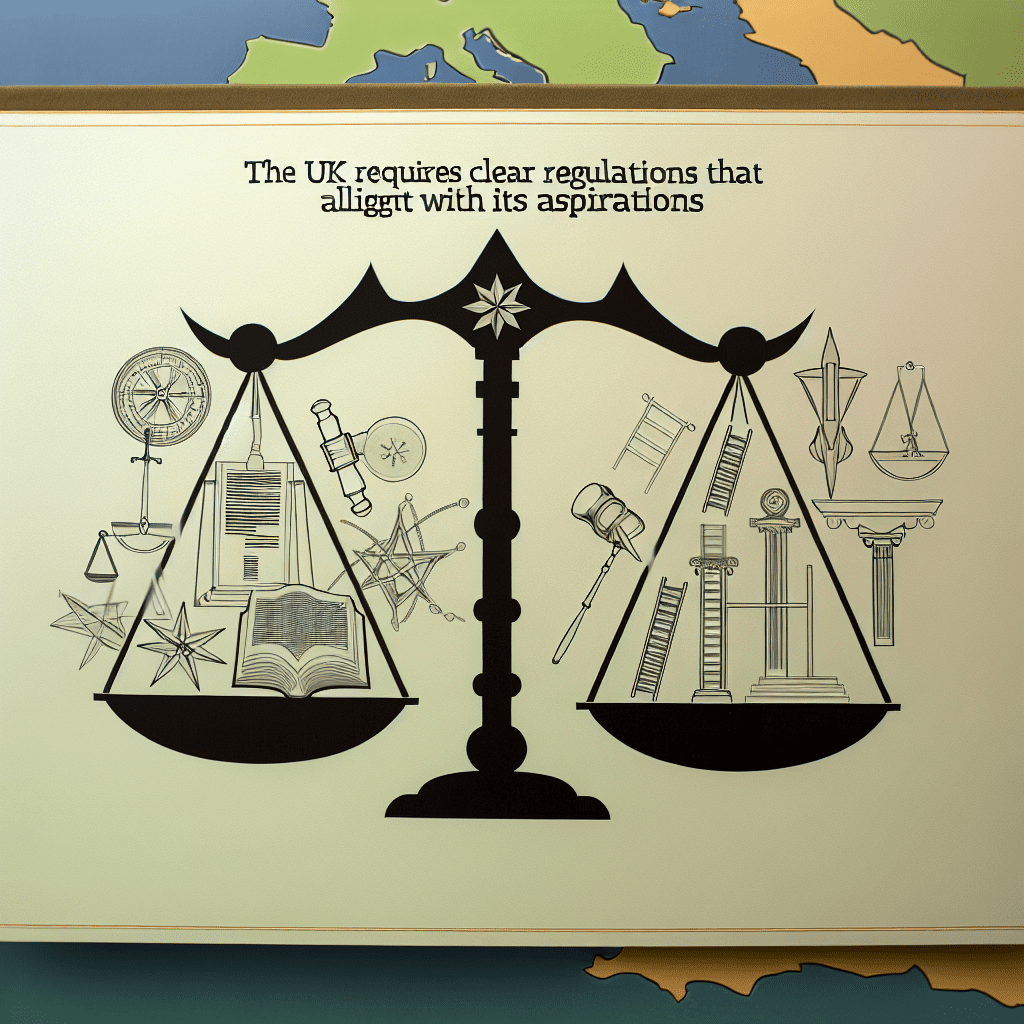
Opinion by: Azariah Nukajam, Head of Regulation and Compliance at Gemini
The UK stands at a pivotal moment regarding its approach to the swiftly changing digital assets landscape.
Having established itself as a significant financial player in today’s global economy, the government has frequently mentioned its ambition to transform the UK into a “leading global crypto hub.” However, policy advancements have been sluggish, fragmented, and lacking in ambition.
Delay comes with costs for an industry as dynamic as crypto and decentralized finance (DeFi). Capital, talent, and innovation are highly mobile. The UK risks falling behind more proactive regions like the US and Singapore.
To maintain its competitive edge, the government must align its aspirations with concrete actions while learning from international examples.
Aspirations vs. Implementation Speed
The Financial Conduct Authority (FCA), the UK’s financial regulatory body, and the government should collaboratively support the sector’s growth, ensuring that the established rules are both attainable and adhered to. The UK government sets the legal framework, while the FCA is responsible for implementing and enforcing these regulations, offering guidance on compliance timelines.
Effective and progressive legislation is crucial for any thriving market. In contrast, the previous US administration adopted a “regulation by enforcement” strategy for the crypto industry, lacking a clear agency to outline the governing rules.
The UK government has recently introduced a Draft Statutory Instrument (SI), a forward-thinking regulatory framework for crypto assets, with the aim of fostering a crypto-friendly atmosphere in the UK. While this represents a substantial advancement for the UK’s digital asset sector, in practice, it is still a modest step due to various reasons.
Industry discussions have persistently underscored the slow pace of reform; institutions have awaited clarity on the UK’s position regarding listed crypto products. In August, the FCA opened retail access to crypto exchange-traded notes, while the increasingly popular crypto exchange-traded funds (ETFs) remain prohibited.
Moreover, the absence of clearly defined regulatory boundaries for DeFi—a rapidly expanding sector—complicates navigation for crypto firms operating between DeFi and centralized finance (CeFi).
Related: 40% of UK crypto users report blocked payments amid rise in ‘anti-consumer’ practices
The proposed legislative and regulatory rules also entail significantly increased reporting obligations, placing a heavier burden on firms’ compliance teams and undermining the privacy principles tied to decentralization. One example is the requirement for automated tax reporting to HMRC (the UK’s tax, payments, and customs authority), which many argue may deter investors from utilizing UK-based exchanges in favor of jurisdictions with more favorable tax conditions.
Without a serious government response to industry feedback and a holistic framework balancing consumer protections and innovation, the UK risks falling behind in the global crypto competition.
Proactive Regulation
Conversely, the FCA has adopted a more organized and proactive stance toward the UK’s crypto sector, showing a commitment to engage with crypto firms to prevent market abuse and safeguard consumers while remaining competitive.
In contrast to the often reactive approach of the government, the FCA has actively hosted roundtables, solicited industry feedback, and outlined a phased regulatory development strategy through its Crypto Roadmap. They’ve also offered more detailed guidance on implementing specific rules related to consumer protection, market integrity, and supporting responsible innovation. Even if market participants have disagreements with the FCA’s proposals, this transparency and predictability are critical for fostering confidence among UK crypto businesses and investors.
Nevertheless, the challenge remains for the FCA to ensure its regulations are proportionate. While larger firms might manage stringent compliance requirements, smaller startups may face significant barriers, potentially deterring them from operating within the UK.
A Path to Crypto Leadership
Fortunately, there is still time to recalibrate. Other regions have already adopted more assertive crypto regulations. The EU’s Markets in Crypto-Assets Regulation framework offers businesses clear and comprehensive operational guidelines, the CLARITY and GENIUS Acts set the US on the path to global crypto leadership, and Singapore’s Monetary Authority has implemented a rigorous licensing regime along with regulatory sandboxes and pilot schemes. While a second-mover advantage allows the UK to learn from the experiences of others, it also risks falling behind without swift action to address industry concerns.
The regulator has laid a promising groundwork, and with enhanced collaboration with the government, bold aspirations, and precise execution, the UK could cultivate a robust environment to emerge as a leader in the global crypto economy.
Opinion by: Azariah Nukajam, Head of Regulation and Compliance at Gemini.
This article is for general informational purposes and should not be construed as legal or investment advice. The views and opinions expressed here are those of the author and do not necessarily reflect the views of Cointelegraph.

